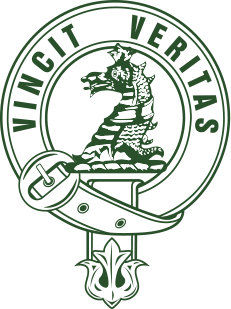Through its generous philanthropic commitment toward CRANIA (CenteR for Advancing Neurotechnological Innovation to Application), the R. Howard Webster Foundation is embracing the potential of Toronto Rehab to make extraordinary advances in the battle against brain diseases like Alzheimer’s, ALS, and Parkinson’s now affecting more than 1 million Canadians.
Toronto Rehab and the University of Toronto launched CRANIA in 2018 with a goal of creating fully integrated and first-to-clinic neuromodulation therapies that can positively impact patients in the next five years by improving brain health and function. This includes developing implants that jumpstart parts of the brain affected by disease by restoring neural networks.
This groundbreaking work is supported by the R. Howard Webster Foundation through the establishment of the CRANIA fellowship program, which attracts scientific experts who contribute to CRANIA’s distinctive research strengths and expand the scope of its influence on neurodegenerative research and treatment. The fellowship program recently attracted its inaugural fellow, Dr. Zia Saadatnia, whose expertise will assist in the design and creation of flexible neuro-modulating electrodes. Funds from the fellowship program provide seed funding to post-doctoral fellows like Dr. Saadatnia to help build their research laboratories and to disseminate their knowledge globally.
Funds earmarked by the Webster Foundation for knowledge dissemination were recently realized when KITE-Toronto Rehab/UHN hosted Rehab Week in June in Toronto drawing more than 2,000 delegates. A CRANIA conference is also being held on September 16th at MaRS in Toronto’s Discovery District to create a collaborative environment to help foster creativity and innovation in the field of neuromodulation.
To learn more about CRANIA, please visit: https://crania.ca/

